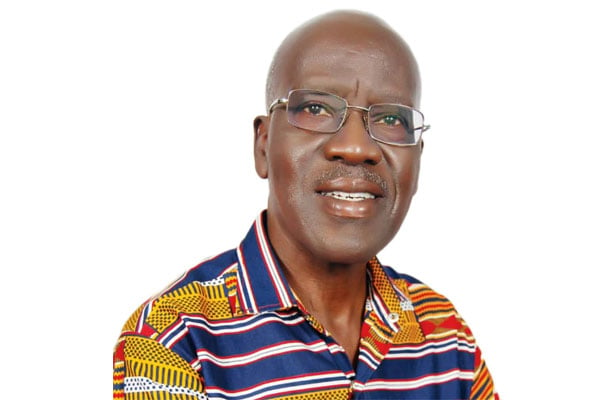Prime
Religion, politics and violence

Author: Yahya Sseremba. PHOTO/FILE/HANDOUT
What you need to know:
- Religion, on the other hand, is treated as if it was in itself the cause of violence. Religion engages in violence because it is religion!
For millennia, human beings have killed each other for different reasons, but it is only in modern times that violence has been institutionalised and normalised as the foundation of social order. The modern state is a violent entity that ultimately, though by no means exclusively, relies on force to organise society.
The modern assumption that society cannot be organised without the violence of state law gave rise to the laughable distinction between “rational violence” and “senseless violence”. The condemnation of violence that follows every killing associated with religion or ethnicity is not a critique of violence as such, but of violence that is said to make no sense. We are told that this kind of violence is premodern and anti-modern, driven by outdated ideas like the mixing of religion and politics. Thinkers have explored ways of eradicating senseless violence while glorifying rational violence on grounds that it drives progress. The most celebrated development in addressing “religious violence” is the 17 Century Peace of Westphalia.
Westphalia redefined religion as a distinct phenomenon separable from the rest of life and confinable to the zone of private judgment. The argument for the distinction between religion and public principle was — and remains — that religion tends to cause violence because it is devoid of reason, makes absolutist truth claims, and polarises society. By clipping the wings of religion, Westphalia is said to have ended the violence between the Protestants and Catholics and ushered in peace in Europe.
Yet, the Europeans would still kill each other massively in nationalist and capitalist wars, let alone slaughtering non-Europeans on a large scale in colonialist adventures.
Given the intensifying rivalry between world powers day by day, it is difficult to say that such bloodbaths belong only to the past. Ironically, the modern state that claims to have saved humanity from “religious violence” is the same entity that slaughters humans so vastly and so frequently without any sense of guilt.
What, then, did Westphalia achieve? Far from addressing the problem of violence in a fundamental manner, Westphalia only reconstituted the authority to kill and the name in which this new authority may kill. Westphalia cemented a new structure of power known as the nation state, which kills in the name of the nation. It became barbaric to kill in the name of God, but civilized to slaughter in the name of humanity.
To transfer the authority to kill from the pope to the prince, it was convenient to accuse religion of causing violence and expel it from politics. Complex political conflicts were essentialized and framed in simplistic terms as Catholics versus Protestants.
All the accusations levelled against religion—absolutist, illogical, conflict-ridden—turned out to apply equally to the nation state and its secular ideologies like nationalism, liberalism and capitalism.
Interestingly, the violence of secular ideologies is rarely attributed to these ideologies; it is explained in terms of the specific contexts in which it unfolds. Religion, on the other hand, is treated as if it was in itself the cause of violence. Religion engages in violence because it is religion!
In a series of articles, I question the distinction between senseless and rational violence by showing that both are products of the same problem. Second, I demonstrate that the world remains violent not because it has failed to secularize or liberalize, but because the modern state—and society—is founded on divisiveness and violence.
I begin by interrogating the assumptions underlying the concept of “religious violence” and its derivatives like “Islamic terrorism”. Then I locate “religious violence” in the same context that produces “rational violence”.
Yahya Sseremba is research fellow at Makerere Institute of Social Research.




